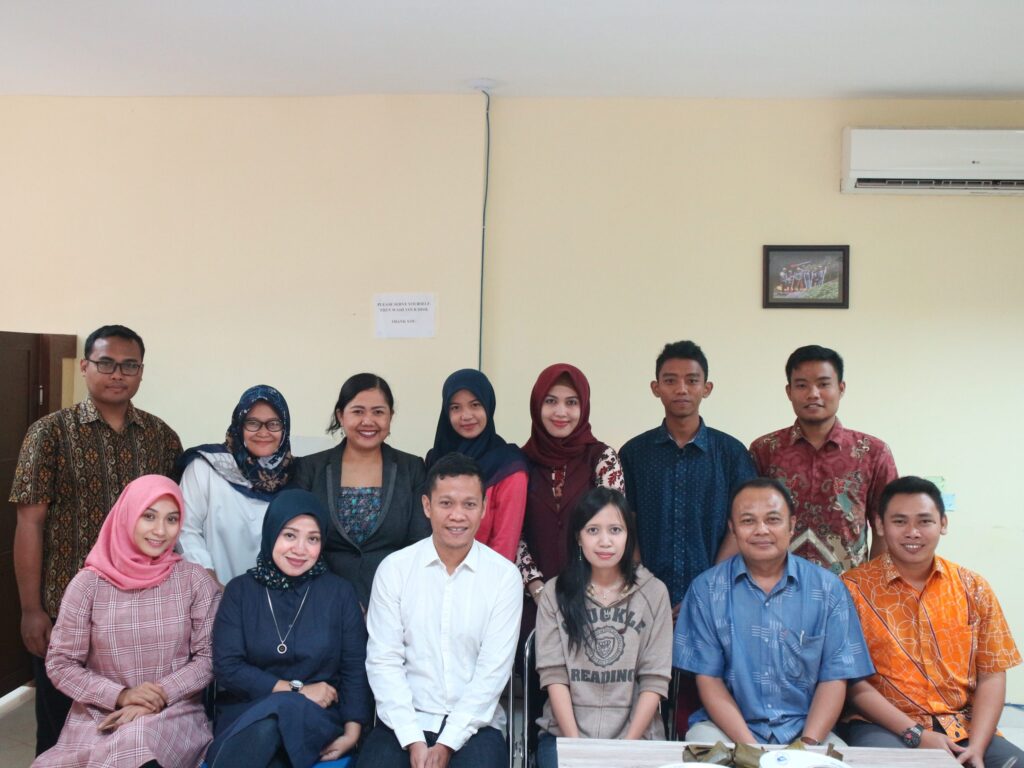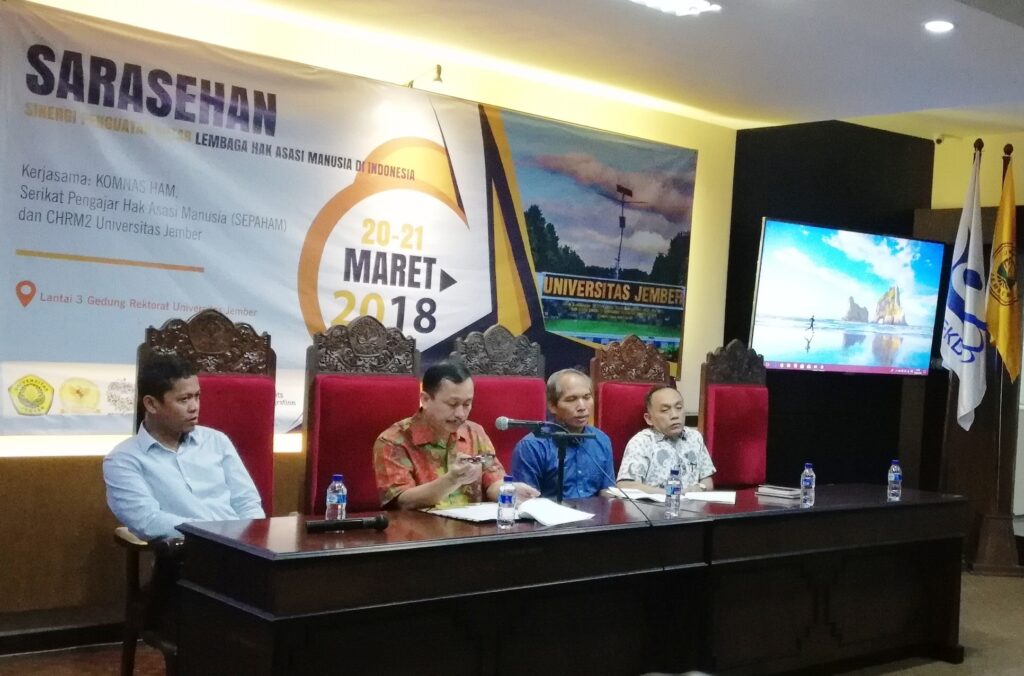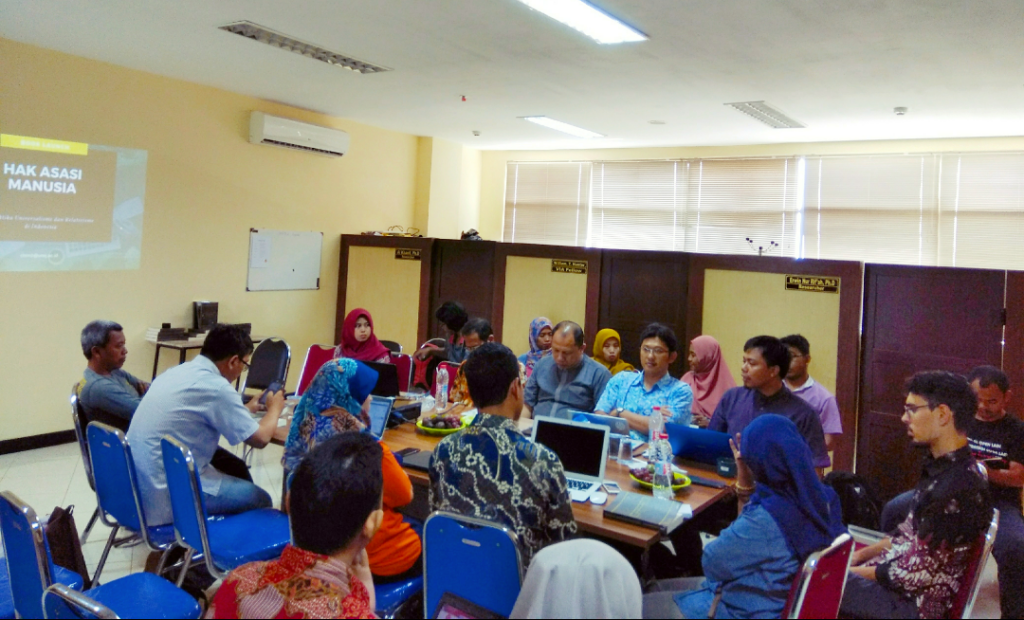CHRM2 Welcoming and Farewell Party

On June 24 th , 2018, Centre for Human Rights, Multiculturalism and Migration (CHRM2) University of Jember held an open house event which took place at CHRM2 Office. In this agenda, CHRM2 invited fellow partner in order to strengthen the relations. Besides, this agenda is also a farewell party dedicated for William who is a Fellow researcher whom already worked for […]
CHRM2 is expanding its networking

On 18 and 19 March 2018, The Centre for Human Rights, Multiculturalism and Migration (CHRM2) University of Jember hosted a two days symposium which took place at Senate Room, 2nd floor University of Jember. There were two prominence institutions attended the program, both are National Commission on Human Rights (KOMNAS HAM) and Indonesian Consortium for […]
CHRM2, SEPAHAM Indonesia, HRLS to Launch Human Rights Book

CHRM2 in cooperation with Indonesian Consortium of Human Rights Lecturers (SEPAHAM Indonesia) and Human Rights Law Studies (HRLS) launches a book on human rights. The title of the book is, “Hak Asasi Manusia: Dialektika Universalisme vs. Relativisme di Indonesia” (Human Rights: The Dialectics of Universalism and Relativism in Indonesia). It is held at CHRM2 Office, CDAST Building […]
Hak Asasi Manusia: Dialektika Universalisme vs Relativisme di Indonesia
Editors: Al Khanif, Herlambang P. Wiratraman, Manunggal Kusuma Wardaya Contributors: Al Khanif, Atip Latipul Hayat, Ayuningtyas Saptarini, Bestha Inatsan Ashila, Bisariyadi, Dia Al Uyun, Dian Agung Wicaksono, Dian Ferricha, Dina Tsalist Wildana, Dio Ashar Wicaksana, Fajri Matahati Muhammadin, Habib Shulton, Haidar Adam, Hilda, Kukuh Budi Mulya, Majda El Muhtaj, Mirza Satria Buana, Muja’hidah, Prischa Listiningrum, […]
